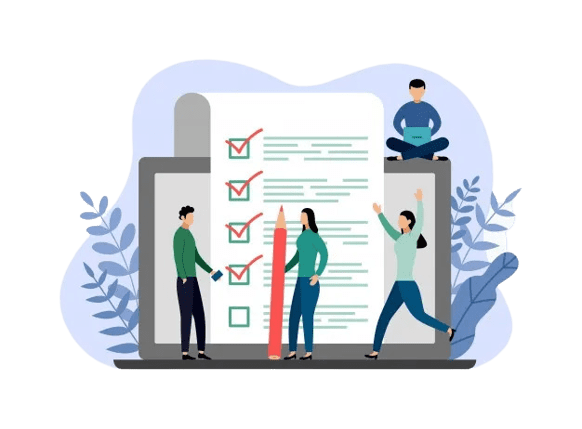Which LGBT Tv Trope Are You?
Free Which LGBT Tv Trope Are You Quiz

Create a nurturing environment where identities are celebrated, struggles are understood, and healing begins.
What is Which LGBT Tv Trope Are You Quiz?
The “Which LGBT TV Trope Are You Quiz” is an online questionnaire designed to determine which recurring themes or character archetypes from LGBT representation in television best align with your personality and preferences.
By answering a series of questions, participants discover the trope that resonates with them the most, such as “the supportive best friend” or “the confident mentor.” It’s a fun way to explore and celebrate the diversity of LGBT characters and their unique roles in TV shows.

Who can derive advantages from this quiz of Which LGBT Tv Trope Are You?
Various individuals can derive advantages from the “Which LGBT TV Trope Are You Quiz.” For members of the LGBT community, it can be a source of validation and representation, helping them see themselves in positive and empowering roles.
For allies, it fosters a better understanding of different LGBT character types and tropes, promoting empathy and support. TV creators and writers can use the insights to gauge audience interests and preferences, leading to more inclusive and authentic LGBT representation in their shows. Overall, the quiz promotes awareness, acceptance, and diversity in media and society.
Which LGBT Tv Trope Are You Quiz Accuracy

The accuracy of the “Which LGBT TV Trope Are You Quiz” depends on the quiz’s design and the questions asked. These quizzes are typically meant for fun and entertainment rather than being scientifically validated assessments. They may provide some general insights into personality traits or preferences associated with certain LGBT character archetypes.
However, individuals are diverse, and their identities cannot be fully captured by a quiz. It’s essential to view the results with a light-hearted approach and avoid using them as definitive representations of one’s identity or experiences.
Types of Which LGBT Tv Trope Are You Assessment
Self-report questionnaires
Kinsey Scale Test
Klein Sexual Orientation Grid
The Shively-DeCecco Scale
Close Relationships Scale
Sexual Identity Scale
Handling LGBTQ Issues
Handling LGBTQ issues requires sensitivity, empathy, and a commitment to promoting inclusivity and equality. Here are some key points to consider:
- Education and Awareness: Educate yourself and others about LGBTQ identities, experiences, and challenges. Foster awareness to combat stereotypes and misinformation.
- Respect and Inclusivity: Treat LGBTQ individuals with the same respect and dignity as anyone else. Create an inclusive environment that welcomes diversity.
- Language and Pronouns: Use appropriate gender pronouns and respectful language that aligns with individuals’ identities.
- Anti-Discrimination Policies: Implement and enforce policies that protect LGBTQ individuals from discrimination and harassment.
- Representation: Promote positive and authentic representation of LGBTQ characters in media and entertainment.
- Supportive Resources: Provide access to resources such as support groups, counseling, and LGBTQ-friendly organizations.
- Addressing Bias: Address any bias or prejudice that may arise within your community or workplace.
- Allyship: Be an ally and advocate for LGBTQ rights and equality.
- Safe Spaces: Create safe spaces where LGBTQ individuals feel comfortable expressing themselves.
- Listen and Learn: Listen to the experiences and needs of LGBTQ individuals and learn from their perspectives.
Remember that each person’s journey is unique, and it’s crucial to approach LGBTQ issues with an open heart and a willingness to learn and grow.

